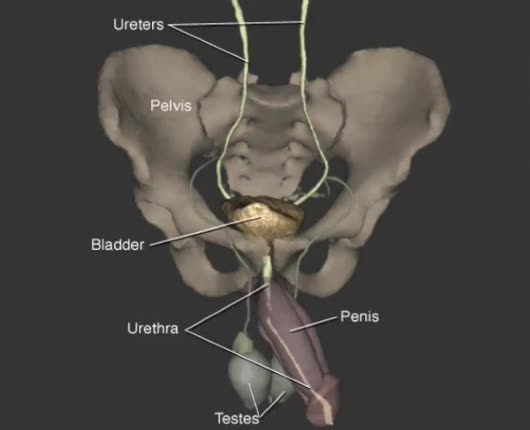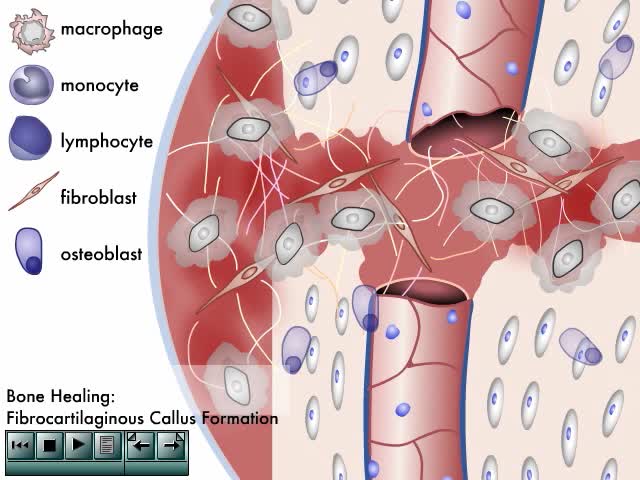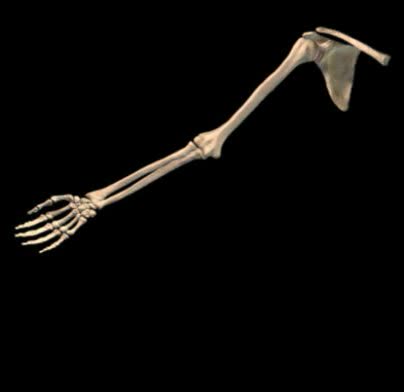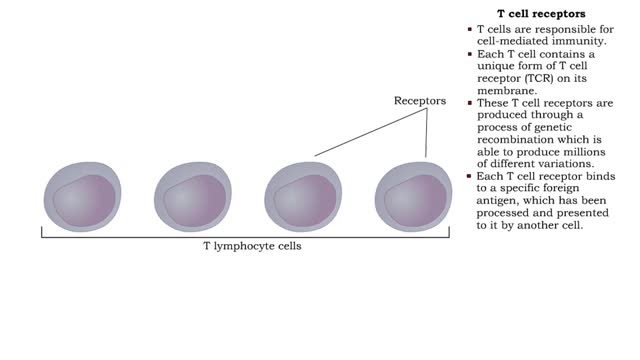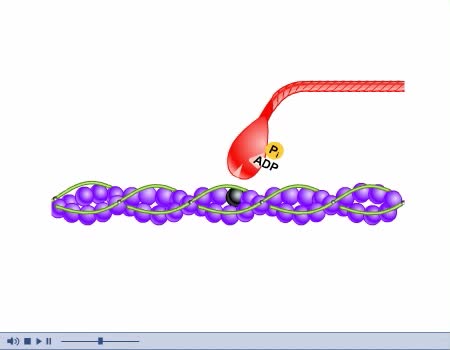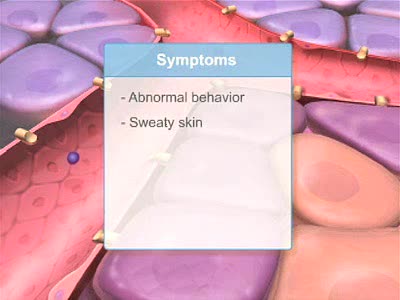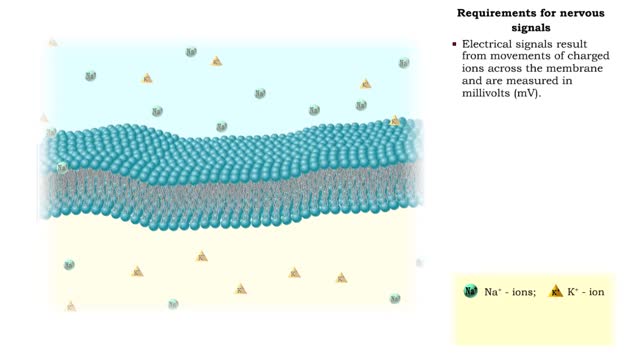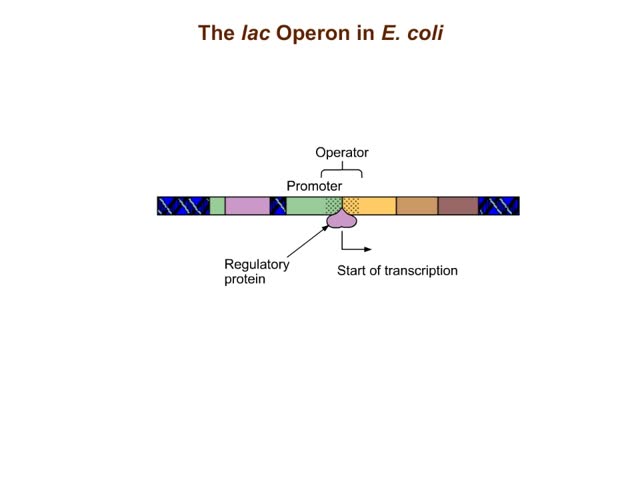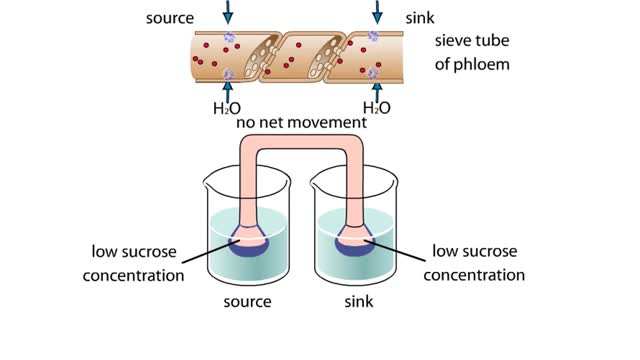Search Results
Results for: 'Types of Transport'
By: Administrator, Views: 1566
The urinary system: kidneys, ureters, bladder, and urethra with expanded view of a nephron and the urine-filled space within a bladder. Urinary system: two kidneys, two ureters, one bladder, one urethra. Also called the excretory, genitourinary (GU), or urogenital (UG) system. Produces, stor...
By: Administrator, Views: 14387
A visual on how bones eventually heal themselves. Traction is the application of a pulling force to maintain bone alignment during fracture healing. Different fractures require different types of traction. (A) Balanced suspension traction is commonly used for fractures of the femur. (B) Skelet...
By: Administrator, Views: 13796
Types of body movement that occur at the diarthrotic joints: - Abduction - Adduction - Circumduction - Dorsiflexion Movement can occur in one plane, like with a knee bend, or in multiple planes such as with a shoulder roll. Adduction occurs when a joint moves a part of the body toward the ...
By: HWC, Views: 11047
• T cells are responsible for cell-mediated immunity. • Each T cell contains a unique form of T cell receptor (TCR) on its membrane. • These T cell receptors are produced through a process of genetic recombination which is able to produce millions of different variations. • Each T ce...
Contraction and Relaxation Animation
By: Administrator, Views: 14358
Muscles are responsible for movement. The types of movement are: - Locomotion, when chemical energy is changed into mechanical energy. - Propulsion of substances through tubes, as in circulation and digestion. - Changes in the sizes of openings, as in the contraction and relaxation of the iris...
By: Administrator, Views: 15715
The islets of Langerhans are composed of three major types of cells: Alpha cells secrete glucagon, elevating blood sugar. Beta cells secrete insulin, maintaining normal blood sugar. Delta cells secrete somatostatin, which suppresses release of glucagon and insulin. Hyposecretion or inadequa...
Requirements for nervous signals
By: HWC, Views: 11273
• The function of neurons is to allow communication between cells, thereby maintaining homeostasis. • Electrical signals, called membrane potentials, travel along the membranes of the neurons. • Voltage variability and distance traveled determine the type of nervous signal. 1. Graded...
By: Administrator, Views: 15549
The lac operon (lactose operon) is an operon required for the transport and metabolism of lactose in Escherichia coli and many other enteric bacteria. Although glucose is the preferred carbon source for most bacteria, the lac operon allows for the effective digestion of lactose when glucose is no...
By: HWC, Views: 10633
This apparatus of beakers A and funnels simulates the flow of a sucrose solution in the phloem of a plant. The funnels and connecting tube represent a sieve tube of the phloem. Differentially permeable membranes cap the funnels at the source and sink ends, allowing water, but not sucrose, to cros...
Advertisement



